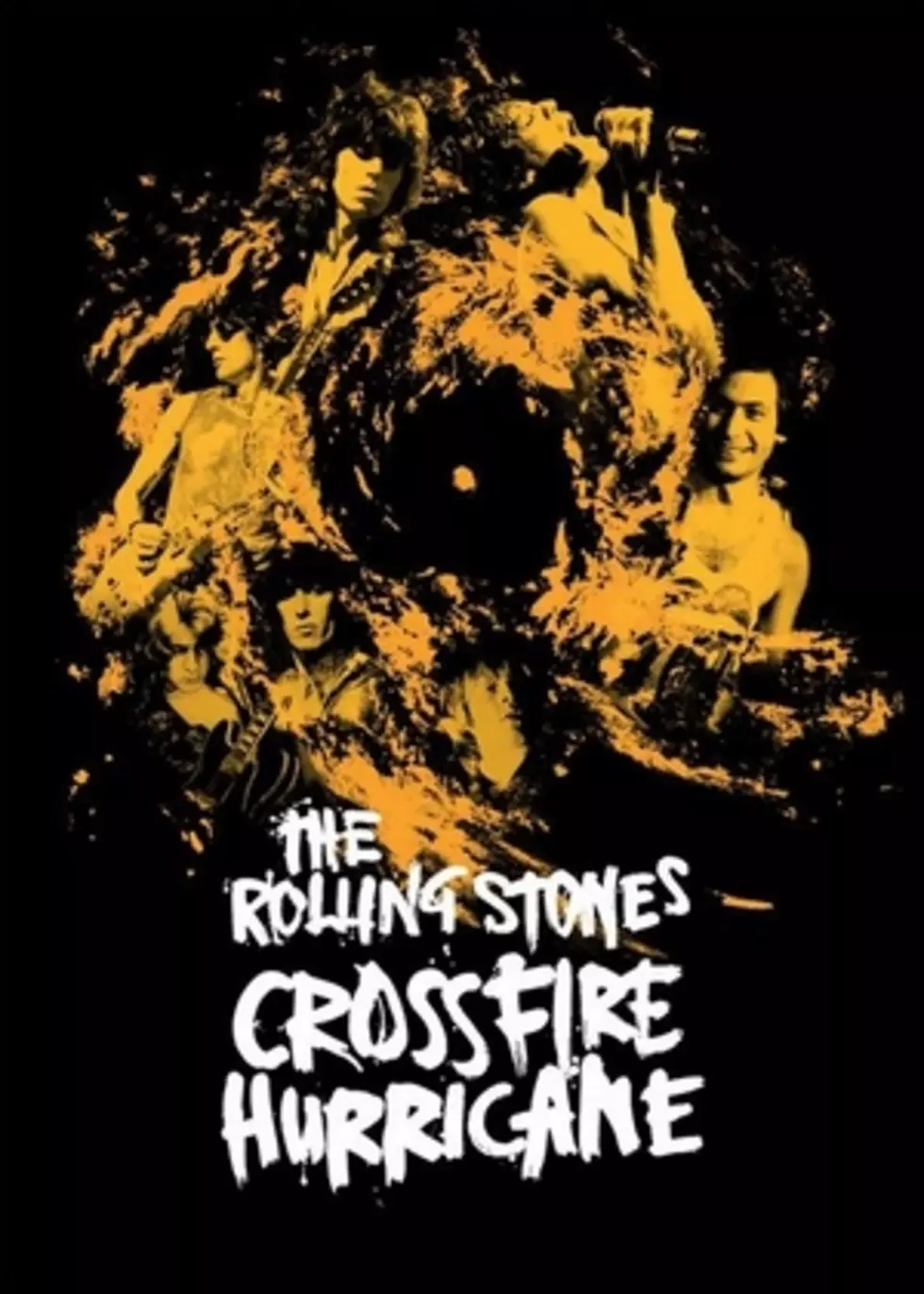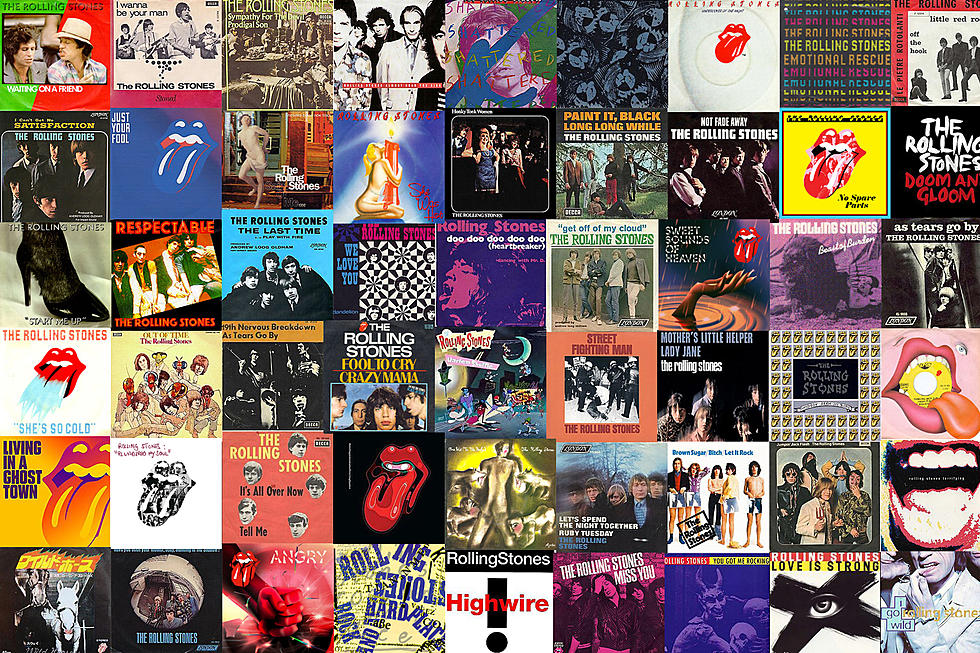
The Rolling Stones, ‘Crossfire Hurricane’ – DVD Review
The Rolling Stones are among the most exhaustively chronicled bands in the world, so it must have been difficult for director Brett Morgen to find a new angle from which to approach his subject. He found it with 'Crossfire Hurricane,' which tells the story of the Stones' rise from obscurity in the blues clubs of London into the touring megalith that they became by the end of the '70s.
Morgen employs an interesting juxtaposition of archival footage and new audio interviews with the surviving Stones, giving viewers a fascinating before-and-after view of the events as they are unfolding. That's one of the principal strengths of the film; it's particularly noteworthy to see young, fresh-faced versions of Mick Jagger and Keith Richards on screen in their early days, while hearing their older-and-wiser selves look back on those same events from the vantage point of experience.
Morgen also did an outstanding job assembling his footage, which he employs more or less chronologically. He doesn't actually date any of the footage, instead allowing the changing music and fashions of the band place the viewer in time. And much of the footage has a fairly raw, you-are-there quality that serves the subject well, with unexpurgated shots of the musicians openly using drugs as casually as if they were drinking bottled water.
Though the Stones' massive drug use has been well-documented elsewhere many times, 'Crossfire Hurricane' does an outstanding job of revealing the plot slowly, showing how a relatively innocent early flirtation with pot slowly mushroomed until hard drugs began to drag down the band, first claiming Brian Jones, then nearly destroying his replacement Mick Taylor and turning Keith Richards into a walking pharmacological experiment whose drug exploits became as much as part of his mythology as the music he's made.
Indeed, some of the footage is uncomfortably depressing, especially as it's placed in the sociopolitical context of a dramatically changing culture for which the Stones became counter-culture spokesmen. The Stones' drug busts, the stabbing incident at Altamont and their subsequent tax exile all ran parallel to a period of creativity that the band have never really repeated -- but watching 'Crossfire Hurricane' is enough to make you wonder why they'd want to.
It's particularly fascinating to see the evolution of Jagger, who early on seems slightly bemused by the attention he's receiving, then slowly turns cagier and seems almost bored, even annoyed by having to live within the constraints of a character that isn't really him. Particularly telling is an early interview in which he denies that any of his public performances are crafted, weighed against a later interview in which he likens himself to a method actor playing an ever-changing role that he can never drop in public.
Despite its obvious dramatic heft, the heart of 'Crossfire Hurricane' is still the music of the Stones, which is very well represented through a series of old concerts and TV appearances. It's easy to forget, in light of some of their bloated later tours, just how good the Mick Taylor era lineup of the band were -- especially in live performance -- and that comes across especially well here.
That said, there are some drawbacks to the film. The tension between Jagger and Richards is basically not addressed -- in fact, the film doesn't really address any of the inter-band relationships, which may be a deliberate choice, since other films have explored those themes so thoroughly. 'Crossfire Hurricane' doesn't really attempt to chronicle anything that any of the band members had going on in their lives outside the band, so in that sense it's not comprehensive.
The glaring negative in what is covered is the difficulty in differentiating the band members from one another in the voice-over narrations. Jagger and Richards are easy enough to recognize, with their more familiar voices, but the other musicians can be difficult to tell apart, and some scenes simply don't make it clear who's saying what -- a problem that could have easily been addressed with some simple captioning, or even simply cutting to an image of whomever is speaking when their voice appears.
Still, those are relatively minor criticisms of an overall very high-quality piece of work that is more than worth seeing for any serious fan of the Rolling Stones. The DVD extras include a number of early Stones TV appearances, as well as an interview with director Brett Morgen.
More From Ultimate Classic Rock









